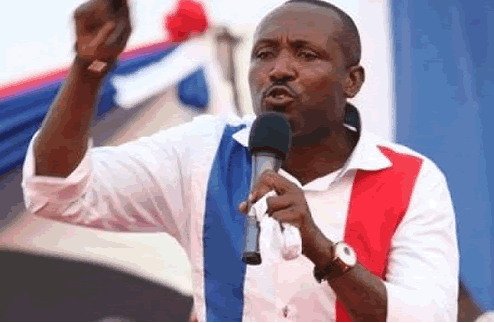
According to the official figures from the Bank of Ghana, the US dollar to the Ghanaian cedi, as of Monday, November 11, 2024 was US$1 to GH¢16. This means, in order to get one dollar, you need 16 Ghana cedis. For £1, you need GH¢21.
This is the harsh reality of the currency crisis Ghanaians are currently experiencing. The situation, to a greater extent, explains the rising cost of virtually every commodity in Ghana.
Even though businesses and consumers complain that the exchange rates have a toll on prices, Ghana as a nation has not dealt decisively with pricing in dollars even for some local products and services.
The Chronicle is worried that the reason former President John Agyekum Kufuor introduced the policy to redenominate the cedi has been rendered useless. We appreciate the geo-politics that comes with that bold step, but that will be a subject for comment in future.
What is more worrying is the situation where African countries depend on the US dollar to trade among themselves. We think this must stop. If Western countries will trade with Africa in their currencies, Africa should also be able to trade in their local currencies.
This is one of the gaps the African Continental Free Trade Area (AfCFTA) agreement aims to close. This is very commendable, and all countries on the continent must back this with political will.
We carried a story on our front page of Monday, November 11, 2024 where the President of the African Refiners and Distributors Association (ARDA), Dr. Mustapha Abdul-Hamid, asked the 54 African countries to stop the dollarisation of petroleum products on the continent.
Mr. Mustapha Hamid, who is also the Chief Executive of the National Petroleum Authority (NPA), was speaking at the African Energy Week in Cape Town, South Africa.
He argued that by reducing reliance on foreign currencies for energy transactions, African countries could better stabilise their economies, reduce energy import costs and foster long-term energy security.
Dr. Hamid was spot on with his advocacy. We cannot make our currencies robust if we continue to rely solely on foreign currencies for our trading.
He recommended that the continent should harmonise policies and adopt a regional currency to reduce the dependence on the US dollar. We agree to this, except to add that this will require a strong political will from the various governments on the continent. For years, even ECOWAS is struggling to implement one currency for its members – the ECO.
Dr. Hamid was quoted as saying that, “Currently, oil marketers in Ghana require $400 million each month to import refined petroleum products – a demand that constantly pressures the Ghanaian Cedi.”
He further opined that “developing a shared currency within regional blocs like West Africa could reduce these pressures and allow us to strengthen our economies.”
The amount quoted above is what the petroleum sector drains from the national reserves. Other sectors that use the US dollar, like agriculture, textiles, transport, aviation and real estate have not been mentioned. Most of these sectors import some of their materials from other African countries.
This trade in dollars also breeds money laundering and evidence abounds about how people under the cover of such trades launder money outside Ghana. It is also the reason why the black market is booming, because they entice customers with higher rates than the banks. The effect is that they launder the dollars and other foreign currencies purchased here in Ghana without paying taxes.
If our dependence on the US dollar and other foreign currencies is reduced, importers would not rush for the dollar to bring about scarcity, which in turn increases the rate.
The advocacy by Dr. Hamid, in our opinion, could supplement a policy like gold for oil. Instead of African countries using dollars to purchase oil from abroad, they could use their gold reserves to purchase oil and sell it to the oil marketing companies in their countries with the equivalent of the local currency.
It should not necessarily be gold only. Any natural resources of the country can be used for that purpose if there is demand for it by foreign countries. This would not put pressure on the dollar, as OMCs would not need to look for dollars to import the product. A word to the wise is enough!
The post Editorial: The Dollarization Of African Economy: Mustapha Hamid Has Hit The Nail… appeared first on The Ghanaian Chronicle.
Read Full Story










Facebook
Twitter
Pinterest
Instagram
Google+
YouTube
LinkedIn
RSS